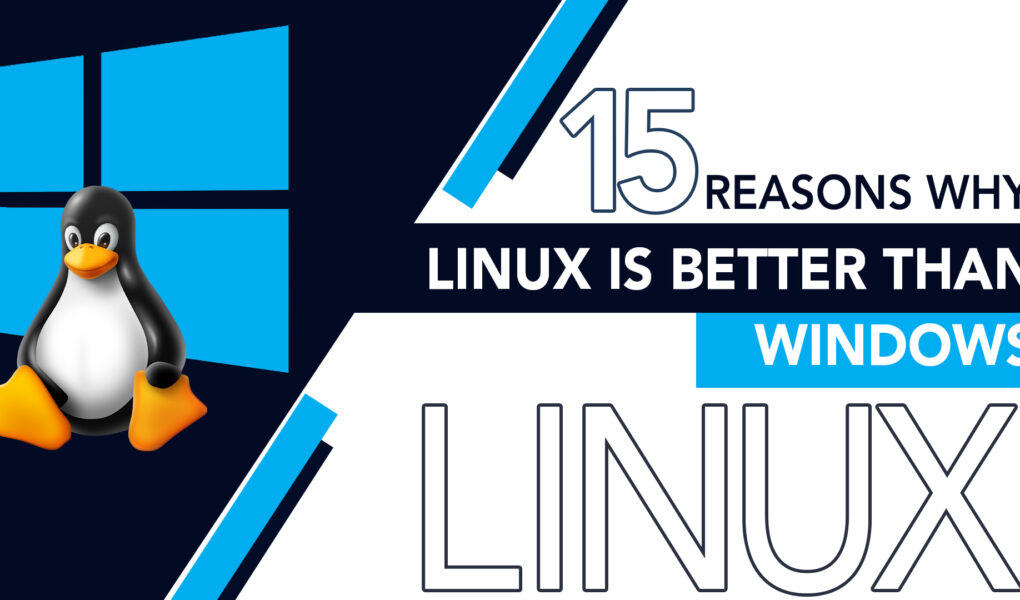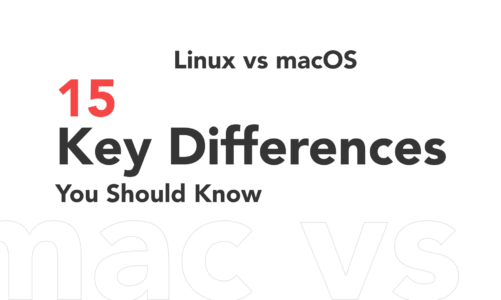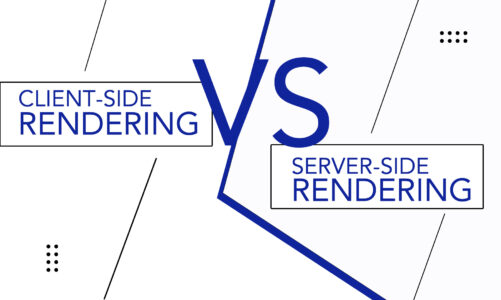The debate between Windows and Linux has been ongoing for decades. While both operating systems have their unique features and benefits, Linux has been gaining popularity over the years.
Since its inception, Linux has made significant progress as a freely available and open-source operating system. It is a powerful alternative to proprietary software like Windows and has many advantages over it. If you are in doubt about it, read this piece of information as we pen down the 15 reasons why Linux is a better option than windows.
Reasons Why Linux Is Better than Windows
No matter if you are a developer or a regular user, Linux proves to be the best OS one can have. From cost and security to customization and flexibility, the list of advantages Linux offers is a long one. Below you will be reading the 15 prominent reasons why one should prefer Linux over windows.
1: Customization
The flexibility of Linux allows users to tailor their operating system to their individual requirements. Linux’s open-source nature allows developers to create and share their software, and users can easily modify and tweak code to fit their requirements. This adaptability results in increased effectiveness and efficiency.
On the other hand, Windows is more restrictive in terms of customization, and users are limited to Microsoft’s tools and software. While Windows does offer some customization options, they are often limited and don’t provide the same level of control and flexibility as Linux.
2: Cost
One of the most significant advantages of Linux is that it is free. Unlike Windows, which requires users to purchase a license, Linux is open-source and freely available to anyone. This cost-effectiveness makes Linux an attractive option for businesses, schools, and home users who want to save money on their software.
3: Security
Linux is widely recognized for its high level of security and is often regarded as more secure than Windows. Being an open-source platform, Linux is inherently more resilient to hacking attempts and malware attacks. Moreover, the operating system comes equipped with a range of built-in security features that help safeguard user data and other sensitive information.
In contrast, Windows has a reputation for being less secure and is considered to be more vulnerable to malware and other cyber threats. While Windows provides certain security features, they may not be as comprehensive as the ones present in Linux.
4: Stability
The Linux operating system is widely recognized for its reliability and stability, with infrequent occurrences of crashes or other malfunctions. Whereas Windows is more prone to crashes and other issues, which can lead to lost data and productivity. This stability makes Linux a better choice for critical systems and business applications, where downtime can be costly.
5: User-Friendly Interface
Linux boasts a user-friendly interface that is simple to operate and navigate. While there was a time when Linux had a reputation for being difficult to use, today’s modern Linux distributions offer an intuitive interface that is just as easy to use as Windows. In contrast, Windows has a more complicated interface, and it can be challenging for new users to find what they’re looking for.
6: Software and Compatibility
Linux has a vast selection of free and open-source software available to users. This abundance of software and compatibility makes Linux more versatile than Windows, and users can find software to meet their specific needs without having to pay for expensive licenses. In windows, users often have to pay for expensive licenses to use software that meets their needs.
7: Privacy
Linux is more privacy-focused than Windows, and the operating system doesn’t collect as much user data as Windows. This privacy-focused nature of Linux helps protect user data and personal information, making it an attractive option for users who value their privacy.
8: Hardware Requirements
Linux is known for being more lightweight than Windows, and it can run on older or less powerful hardware. Windows’s higher hardware requirement can be a significant disadvantage for users who don’t want to upgrade their hardware.
9: Community Support
Linux is an operating system that promotes user collaboration and interaction, with a vast and dynamic community of users and developers who contribute towards its development and provide support to other users. Windows don’t have the same level of community support, and users may have to rely on paid technical support or online forums to get help with issues.
10: Virtualization
Linux is a popular choice for virtualization and can run on virtual machines, making it an attractive option for businesses and developers who need to run multiple operating systems on a single machine.
While Windows can also run on virtual machines, it doesn’t have the same level of compatibility or flexibility as Linux.
11: Reliability
Windows can be less reliable, and the operating system is more prone to crashes and other issues, which can lead to lost productivity and data. However, Linux rarely experiences crashes or other issues. This reliability makes Linux a better option for mission-critical applications and systems where downtime can be costly.
12: Freedom
Windows is a proprietary operating system that offers users less freedom and control over their software. At the same time, Linux offers users more freedom and control over their software. Users can modify and distribute Linux software as they see fit, making it a more democratic and user-driven operating system.
13: Development
Many development tools and languages are available for the Linux operating system. This popularity and support make it a better option for developers who need a reliable and customizable operating system. While Windows also offers development tools and languages, it doesn’t have the same level of support or compatibility as Linux.
14: Gaming
While gaming was once a weakness for Linux, it has made significant strides in recent years. The operating system offers better performance and compatibility for gaming than it did in the past. Though Windows is still the dominant gaming platform, Linux is becoming a more viable option for gamers who want a more open and customizable operating system.
15: Future-Proof
Linux is more future-proof than Windows, and the operating system is more adaptable to new technologies and changes in the computing landscape. This adaptability makes Linux a better long-term option for users who want an operating system that will remain relevant and useful in the future.
Oppositely, while Windows has remained relevant for decades, it may struggle to keep up with new technologies and changes in the computing landscape, making it less future-proof than Linux.
Final Thoughts
Linux is a robust and multifaceted operating system that provides several advantages over Windows. While it may not be the best choice for every user or every situation, Linux is a compelling option for users who value control, privacy, security, and customization.



